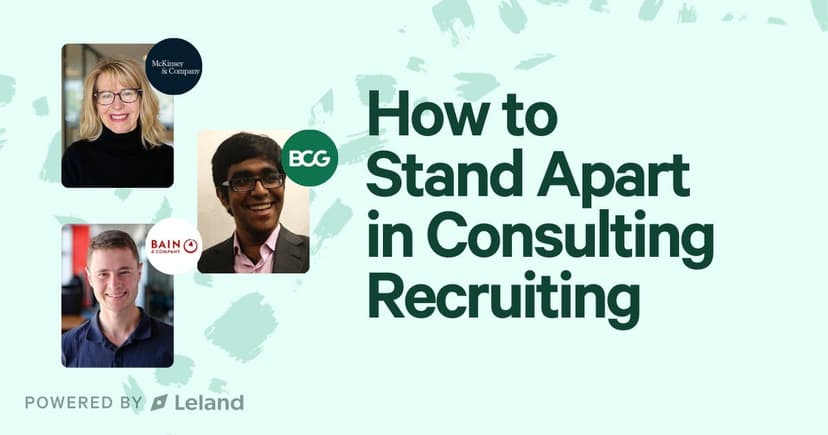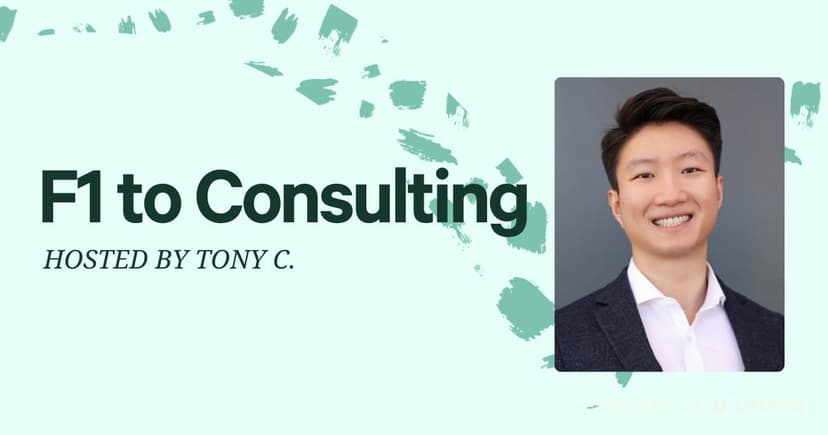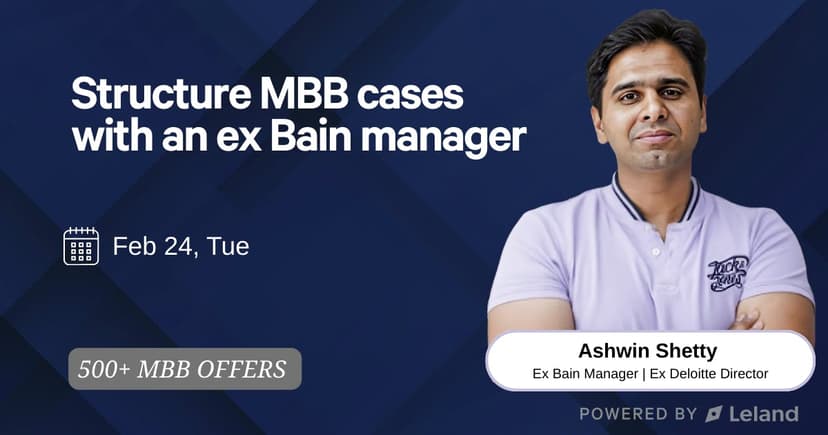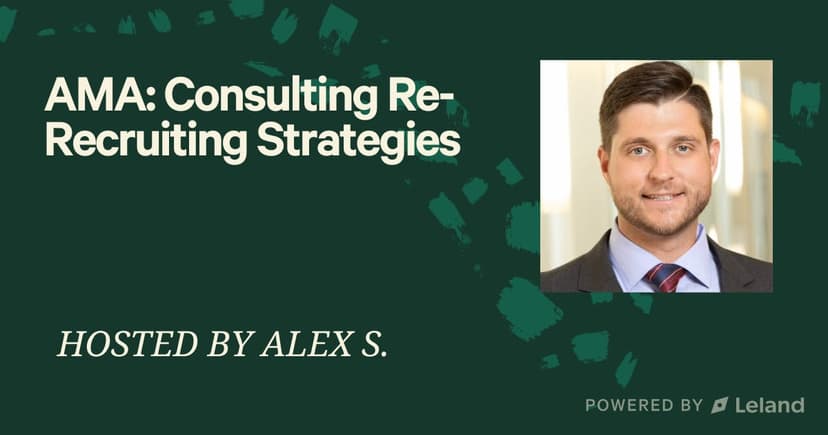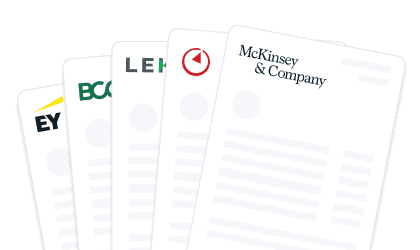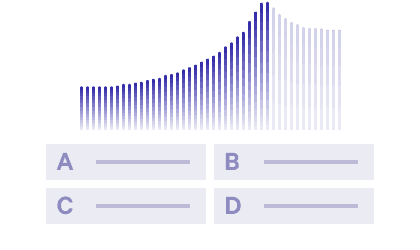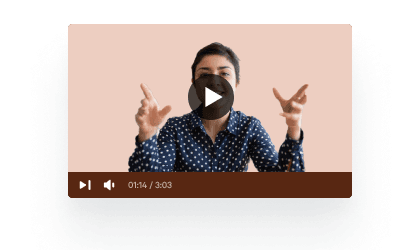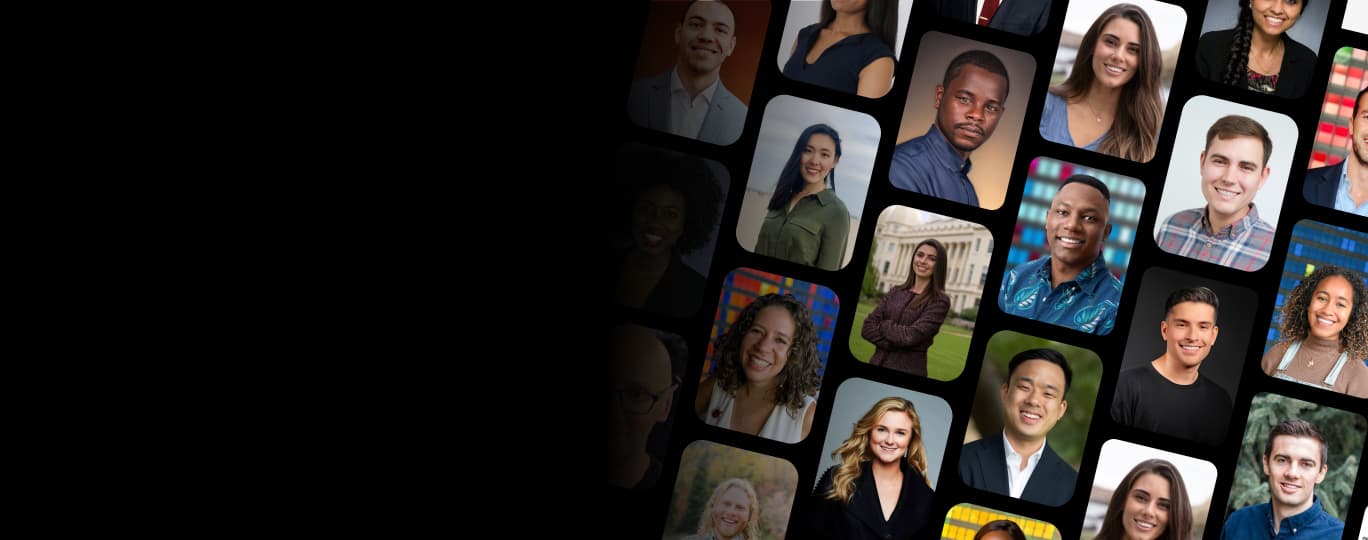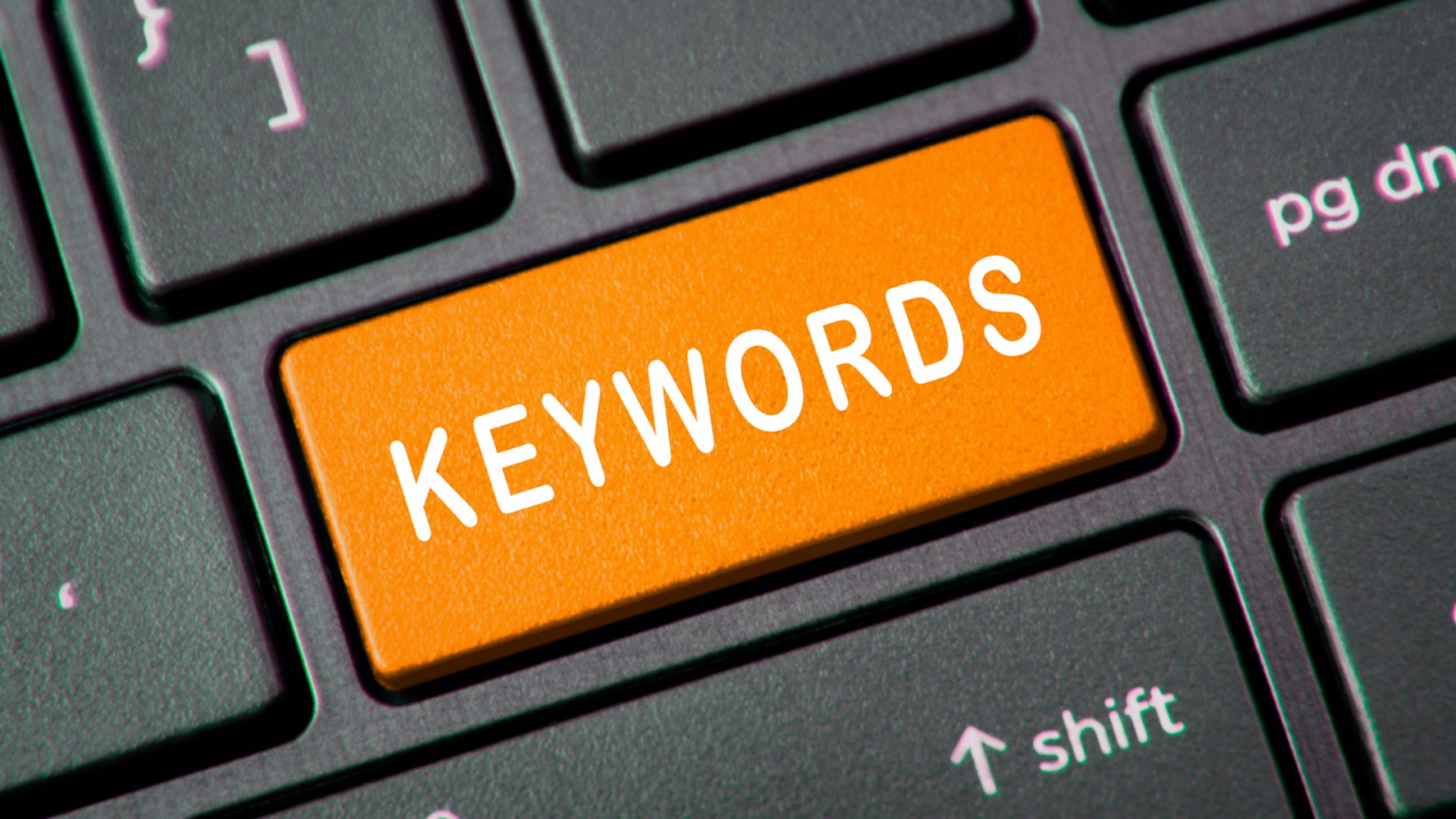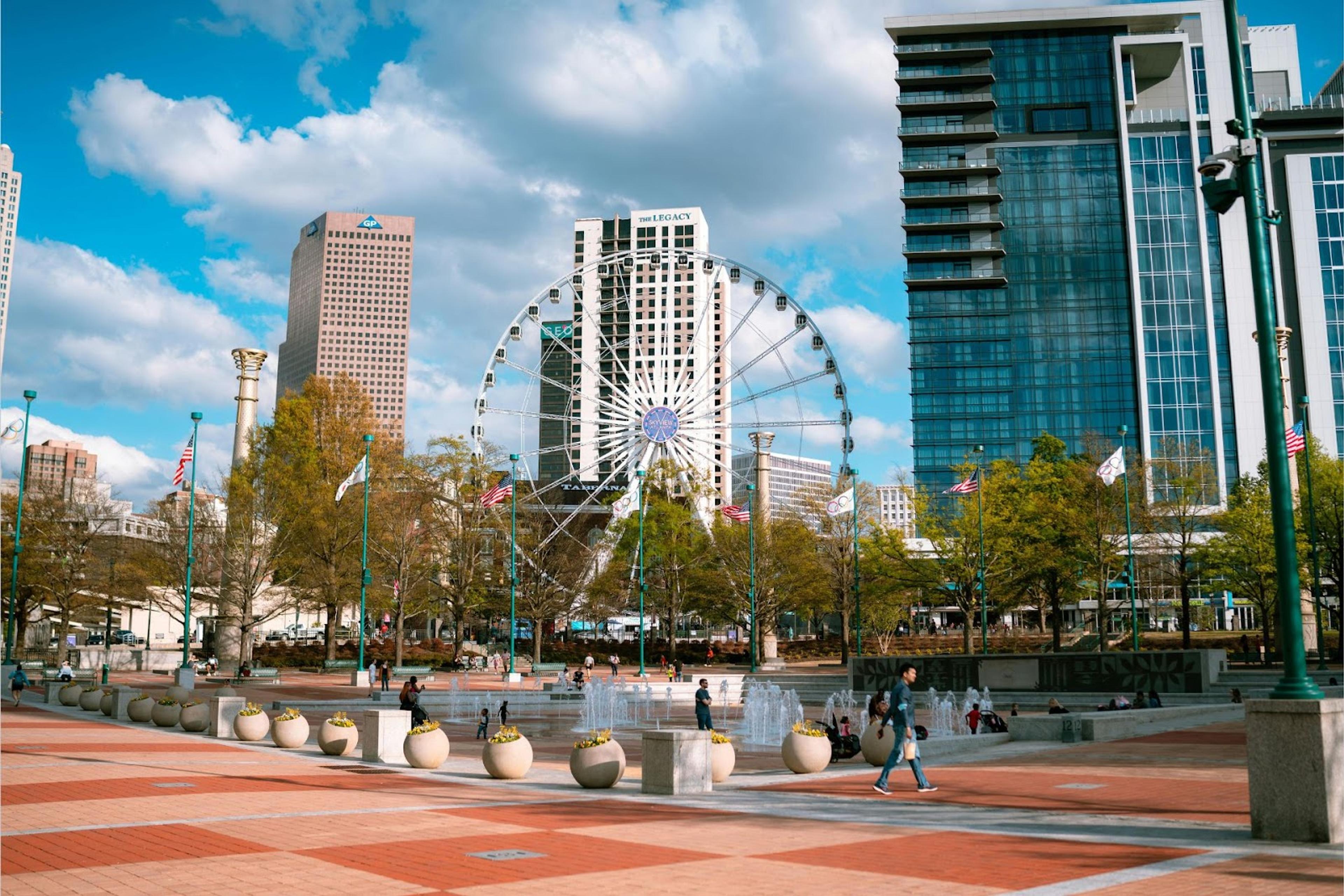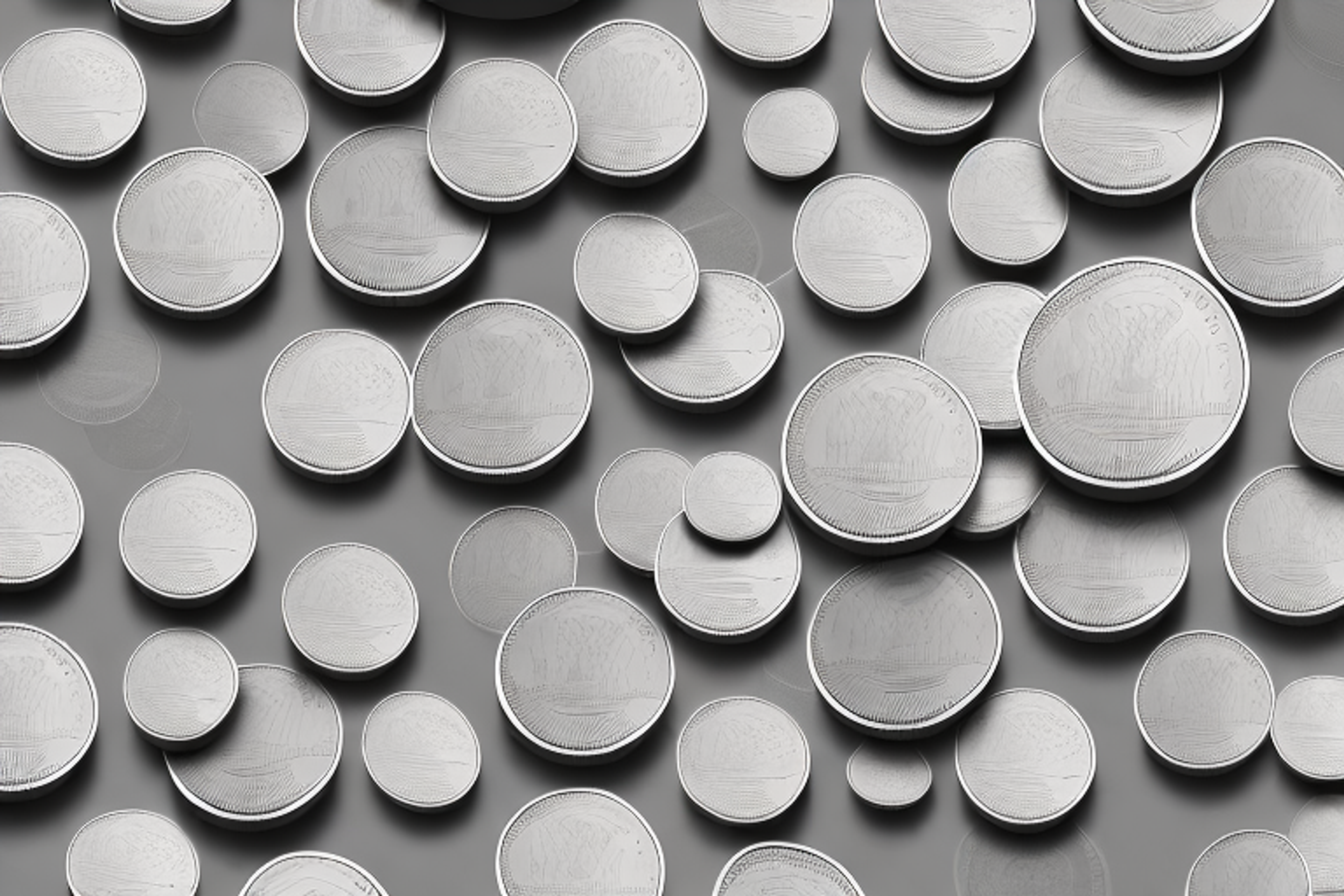How to Write the Best Follow-Up Email After the Interview (With Examples & Template)
Learn how to write standout follow-up emails after the interview to express interest, reinforce your qualifications, and make a lasting impression on potential employers.
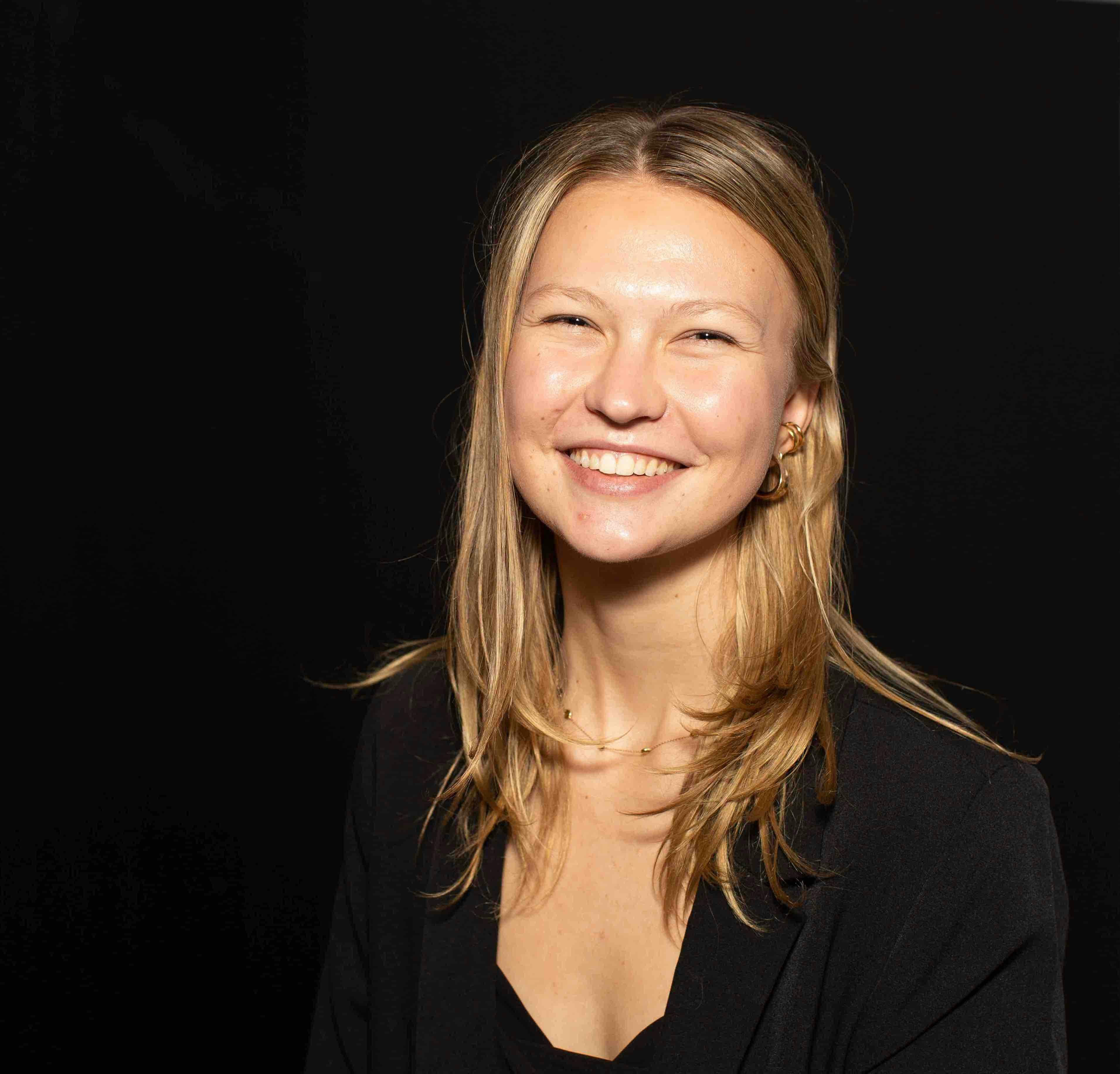
By Amelia C.
Posted June 13, 2025

Join a free event
Learn from top coaches and industry experts in live, interactive sessions you can join for free.
Table of Contents
You’re well into the application, but your job isn’t done yet. Sending a follow-up email after an interview can be a crucial factor in the recruiting process. A well-crafted message helps you stand out, demonstrates your enthusiasm, and reinforces why you’re the ideal fit. But how soon should you send it? What should you say? And how do you handle it if you don’t get a response?
This guide walks you through creating an effective follow-up email after an interview, whether in person or by phone. We’ll cover timing, personalization, and handling different scenarios to help you leave a lasting impact and boost your chances of landing the role.
The Importance of the Post-Interview Follow-Up
Following up after an interview is a crucial step in your job search journey. It’s not just about good manners; it’s a strategic move that can significantly impact your chances of landing the job. You must pay attention to every crucial detail – from your subject line to crafting your thank you note. Let’s explore why post-interview follow-up is so important and how it can benefit you. A well-timed follow-up can even influence whether you receive a job offer.
1. It can impact the hiring decision.
A thoughtful follow-up email can have a positive influence on the hiring decision. It demonstrates your continued enthusiasm and engagement with the process, which hiring managers often view favorably. While it may not directly secure you the job, it can certainly set you apart from other job seekers, especially if the decision is a close call. Remember, when a hiring manager interviews multiple applicants in a day, your follow-up can help you stand out from other candidates.
2. It shows professionalism and gratitude.
Following up shows your professionalism and attention to detail. It's an opportunity to express gratitude for the interviewer's time and reiterate your interest in the position. A well-crafted thank-you note or email within 24-48 hours of the interview is considered good follow-up etiquette. This simple act can leave a strong final impression and showcase your communication skills.
3. It helps you stay top-of-mind.
By following up, you keep yourself at the forefront of the hiring manager's mind. It's a chance to reinforce why you're the best fit for the role and to highlight key qualifications discussed during the interview. You can even share additional thoughts or ideas that came to you after the interview, showing that you're still actively thinking about how you can contribute to the company.
Remember, following up shouldn't hurt your chances if done right. It can often help by demonstrating your continued interest and motivation. Just be sure to keep your follow-ups concise, professional, and not too frequent to avoid appearing pushy.
How to Time Your Follow-Up Email
Ideally, you send the thank-you email within 24 hours of the interview. This shows promptness and enthusiasm. Some experts suggest sending it within a few hours, but any time within that 24 hours is great. The goal is to keep yourself fresh in the interviewer’s mind without appearing overeager.
Sending your follow-up a few hours post-interview also allows time for the interviewer to reflect on your discussion. If you didn't discuss the expected timeline, you can inquire briefly about it in your email.
What to Do If You Don’t Hear Back
If a week has passed with no reply, sending another follow-up is appropriate as part of the job interview process. This allows you to reiterate your interest politely and inquire about any updates. Job decisions often take time, and patience shows professionalism. If two weeks pass without a response, consider a final follow-up, keeping it brief and polite.
Expert Tip: If the interviewer mentioned a timeline for responses, stick to it. Reaching out too early or late can appear unprofessional. Most interviewers will provide a general time frame if asked.
How to Write a Compelling Thank You Email
Okay – you’ve done the interview and you’re timing it correctly. Now, let’s move on to what that follow-up email after an interview should actually look like.
Subject Line
If you’re responding to a previous email chain, the subject line will be automatically populated. If you are sending a new, separate email, then you’ll need to fill in the subject line. Keep it short and to the point – here are four good examples to choose from:
- Interview Follow-Up – [Name] x [Company]
- Interview Follow-Up: Leland x Joe
- Thank you!
- [Company] [Role] – Follow-Up
- Leland PM Internship – Follow-Up
- [Company] [Role] – Next Steps
- Leland Backend Engineer – Next Steps
Email Body
There are three main things you want to highlight in your interview follow-up email:
- Gratitude for the interviewer’s time
- Interest in the position and your qualifications
- Next steps
Gratitude
- Expressing gratitude shows respect for the interviewer’s time and creates a positive impression. It demonstrates professionalism and helps establish rapport.
- Begin your email with a sincere thank you for the opportunity to interview and for their time. Reference something specific from the conversation (e.g., a key insight about the role, company culture, or an interesting topic discussed) to personalize your note and show you were actively engaged.
Example: "Thank you so much for taking the time to meet with me yesterday. I truly appreciated the opportunity to learn more about [Company Name], the [Job Title], and your insights on [specific topic discussed, e.g., 'the company's innovative approach to X' or 'team culture and collaboration']. It was an engaging and inspiring conversation, and I’m grateful for your time and perspective."
Interest/Qualifications
- Reaffirming your interest underscores your enthusiasm for the role and reminds the interviewer of your key strengths. It positions you as a motivated and qualified candidate.
- Use one to two sentences to highlight your excitement about the role and how your qualifications align with the position. Reference a specific skill, experience, or topic discussed during the interview to reinforce your fit. Avoid generic statements—be specific and targeted.
Example: "Our conversation further solidified my enthusiasm for this role and how my background in [specific skill/experience] aligns with the team’s goals. I’m particularly excited about the opportunity to contribute to [specific project or initiative], given my experience in [relevant accomplishment or skill]. I’m confident that my ability to [specific skill/strength] would allow me to add immediate value to your team."
Next Steps
- Asking about next steps demonstrates initiative and keeps you informed about the process while reinforcing your eagerness to move forward. It also helps ensure clarity about timelines and expectations.
- Close your email by asking about the next steps or when you can expect to hear back. Offer to provide any additional information or complete follow-up tasks to show your readiness and professionalism. End with a confident and polite note of appreciation.
Example: "I’d love to understand more about the next steps in the hiring process and the timeline for a decision. In the meantime, please don’t hesitate to let me know if there’s any additional information or documentation I can provide to assist in your decision-making. Thank you again for the opportunity—I’m excited about the possibility of contributing to [Company Name] and look forward to hearing from you soon."
Example Follow-Up Emails
Here are a few examples of interview follow-up emails that you may run into: a thank-you email after a short interview, a follow-up email after no response, a let’s stay in touch email, and a follow-up after a final interview.
Thank-You Email After a Short Interview (or Phone Interview)
Role: Entry-Level Marketing Coordinator
Subject Line: Thank you!
[Interviewer’s Name],
Thank you for taking the time to speak with me today about the Marketing Coordinator position at [Company Name]. I enjoyed learning more about the team’s focus on enhancing digital campaigns for sustainable consumer brands and the exciting growth you’re driving in this space.
Our discussion about incorporating storytelling into email marketing campaigns resonated with me, as it’s an approach I embraced during my internship at [Company Name]. There, I developed a content series that increased email engagement by 30% by highlighting the personal stories of our customers.
Please let me know if there’s anything else you need from me to assist with the hiring decision. Thank you again, and I hope to hear from you soon!
[Interviewee’s Name]
Follow-Up Email After No Response
Role: Mid-Level Data Analyst
Subject Line: [Company Name] Data Analyst Role – Follow-Up
[Interviewer’s Name],
I hope this email finds you well. I wanted to follow up on my interview for the Data Analyst position on November 15th. It was a pleasure discussing how [Company Name] is leveraging predictive analytics to improve customer retention, particularly the project launching next quarter to integrate behavioral insights into the model.
Our conversation about the challenges of integrating data from disparate systems stood out to me. At [Company Name], I led a similar project where I consolidated three legacy databases into a unified reporting platform, reducing processing time by 40% and improving data accuracy. I believe this experience aligns with your team’s goals for the upcoming integration efforts.
I remain very enthusiastic about the opportunity to contribute to [Company Name], particularly by enhancing the predictive accuracy of your models and developing actionable dashboards for stakeholders. Please let me know if I can provide any additional information to assist in your decision-making process.
Thank you again for your time, and I look forward to hearing from you soon!
[Interviewee’s Name]
“Let’s Stay in Touch” Email
Role: Senior Product Manager
Subject Line: Thank You & Staying in Touch
[Interviewer’s Name],
Thank you once again for the opportunity to interview for the Senior Product Manager role at [Company Name]. While I was disappointed to learn that I wasn’t selected for the position, I truly valued the chance to learn more about the team’s innovative work, especially around developing a dynamic customer interview feedback loop for your flagship platform.
I remain incredibly impressed by the speed and effectiveness of your product iterations, especially the three features launched this year that achieved a 20% boost in user engagement. As someone deeply passionate about user-focused product development, I would love to stay connected for future opportunities to contribute to [Company Name].
Please don’t hesitate to reach out if there’s ever a role that aligns with my background. Wishing you and the team continued success!
[Interviewee’s Name]
Follow-Up After a Final or Second Interview
Role: Senior UX Designer
Subject Line: Thank You for the Final Interview
[Interviewer’s Name],
Thank you so much for meeting with me for the final interview regarding the Senior UX Designer role at [Company Name]. It was a pleasure speaking with you and the design team about your plans to reimagine the onboarding journey for the mobile app.
I particularly enjoyed brainstorming ideas to simplify the registration process while retaining flexibility for advanced users. At BrightLine Tech, I led a similar redesign that reduced drop-off rates during onboarding by 18%, and I’d be thrilled to apply that expertise to [Company Name].
Please let me know if you need anything further from me as you finalize your decision. I’m very excited about the possibility of joining the team and contributing to such a user-driven mission, and I think I could be a valuable asset.
[Interviewee’s Name]
Follow-Up Email Templates
Here is a follow-up email template that you can take and customize. Remember that the best interview follow-up emails are very deeply personalized. If you could copy and paste your follow-up email with any other role, company, or interview, then it’s not specific enough.
Subject Line:
- "Thank You for the Opportunity"
- "Following Up on My Interview for [Position Name]"
- "Excited About [Company Name] – Next Steps?"
[Interviewer’s Name],
Thank you again for taking the time to speak with me about the [Position Name] role at [Company Name]. I truly enjoyed our conversation, especially learning more about [specific project, team dynamic, or company initiative discussed in the interview].
Our discussion about [specific topic, e.g., “streamlining the onboarding process”] resonated with me because of my experience in [specific skill or achievement, e.g., “leading a similar redesign that improved user retention by 20% at [Previous Company].”] I’m confident that my skills in [specific expertise] would allow me to contribute to [specific team/project goal].
I wanted to follow up to ask if there are any updates regarding the next steps in the interview process. I’d be happy to provide any additional information or complete any further steps needed.
Thank you again for this opportunity—I’m very excited about the possibility of joining [Company Name] and contributing to [specific goal/mission]. I look forward to hearing from you soon!
[Your Full Name]
How to Personalize Your Follow-Up Email
1. Reference specific tips from your interview
To make your follow-up email stand out, add a personal touch by referencing something you and your interviewer bonded over during your conversation. This could be a shared hobby or a detail they revealed about their life outside of work. Briefly mentioning this shows you were attentive and helps reinforce the connection.
For Example:
- "Hope you had a great trail run this morning – it inspired me to check out the local hiking spots you mentioned!"
- "I was thinking about our conversation on [specific topic, e.g., 'team collaboration tools'], and I came across an article that I thought might interest you."
2. Address the unique needs of the company/role
Use the main body of your email to clearly state why you're following up and address the company's needs. Reiterate your interest in the position and explain how your skills align with the role. Identify a problem or opportunity discussed during the interview and reinforce how your experience can address it. This approach demonstrates that you're focused on providing value to the company.
For example:
- "I appreciated learning about [specific project or challenge, e.g., 'your efforts to streamline the customer onboarding process']. In my previous role, I successfully [specific accomplishment, e.g., 'redesigned an onboarding flow that reduced churn by 15%'], and I’d be excited to bring this expertise to [Company Name]."
- "You mentioned the team’s focus on [specific priority, e.g., 'expanding into new markets next year']. My experience managing similar projects could help accelerate that timeline while maintaining efficiency."
Expert Tip: If appropriate, suggest a resource, idea, or strategy that ties into the role’s needs. This extra step can demonstrate initiative and that you’re already being thoughtful and are invested in the company’s success and this role.
3. Express your fit with the company
Beyond skills and qualifications, companies look for candidates who are genuinely excited about their mission and culture. Highlight a detail you learned about the team or company that excites you. This reinforces your motivation and makes your follow-up email memorable.
For example:
- "I was particularly inspired by your description of the collaborative culture at [Company Name] – it’s exactly the kind of environment where I thrive and grow."
- "Learning about the team’s upcoming Hackathon was energizing – it would be a privilege to contribute to such an innovative culture."
Common Follow-Up Email Mistakes to Avoid
Being Too Pushy: While following up is crucial, it's important not to bombard your audience with a constant flow of emails. A study found that it takes eight touchpoints to get a prospect to conversion. However, striking the right balance is key. Consistent contact is essential, but send the right amount at the right time to avoid appearing overly aggressive.
Sending Generic Messages: One common mistake is not personalizing your follow-up emails. Using a generic greeting like "To Whom It May Concern" can make your email seem impersonal. Instead, address the email to a specific person whenever possible. Tailor your message to the company's needs and reference specific points from your previous interaction to show you were attentive and engaged.
Overlooking Proofreading: Proofreading is crucial for maintaining professionalism. Grammatical errors, typos, and incorrect syntax can create a negative impression and make you appear careless. Always proofread your emails before sending them. Pay close attention to punctuation, spelling, and sentence structure. If possible, have a colleague review your email to ensure it's error-free and conveys your message clearly and concisely.
What NOT to Put in Your Follow-Up Email
When crafting your follow-up email after a job interview, it's crucial to avoid certain pitfalls that could harm your chances of landing the job. Here are some key things to steer clear of:
- Pushy or demanding language: Avoid pressuring the hiring manager for an immediate response. Remember, the decision-making and interview process takes time.
- Excessive personal information: Keep your email professional and focused on the job opportunity. Avoid sharing unnecessary personal details.
- Errors or typos: Always proofread your email carefully. Spelling mistakes or grammatical errors can create a negative impression.
- Lengthy messages: Keep your follow-up email concise and to the point. A brief, well-crafted message is more likely to be read and appreciated.
- Inappropriate timing: Don't send your follow-up immediately after leaving the job interview. Wait at least 24 hours before sending your email.
By avoiding these common mistakes, you'll increase your chances of making a positive impression and moving forward in the interview process.
Ace Your Interviews With the Help of an Expert
The best thing you can do to prepare for interviews is to get personalized feedback from hiring managers and people from your target industries. Brainstorm your answers, find the most compelling stories, practice common questions, learn technical skills, do a full mock interview, and much more. Below are some popular career coaches, browse them all here.
Quick Recap
- Timing Matters: Send a follow-up email within 24-48 hours after the job interview to demonstrate interest without appearing too eager. If a timeline was provided, respect it before following up.
- Personalize Your Message: Address the interviewer by name and reference specific topics from your conversation to show attentiveness and genuine interest in the position. For specific guidance, read our HBS Post-Interview Reflection Guide.
- Stay Professional and Concise: Keep your follow-up brief, polite, and to the point. Avoid overly long messages or multiple follow-ups to prevent appearing pushy.
- Handle Silence Gracefully: If you haven’t heard back after one week, send a polite follow-up email. If there’s still no response after two weeks, it’s appropriate to send a final, polite message expressing continued interest.
- Avoid Common Mistakes: Proofread for typos, avoid generic messages, and refrain from excessive follow-ups. Respect the hiring manager, the interview process, demonstrating patience and professionalism. For further insights, see our articles on landing your dream job and writing a compelling cover letter.
FAQs
How long should you wait after a job interview to follow up?
- Ideally, you should send a follow-up email within 24 to 48 hours after the interview to show your promptness and enthusiasm. If the interviewer provided a specific timeline for updates, respect that time frame and follow up accordingly.
How do I write an email to follow up after an interview?
- Begin by thanking the interviewer for their time, then briefly restate your interest in the position and mention any relevant qualifications that align with the role. Close with a polite request for any updates regarding the hiring process and offer to provide further information if needed. Keep the message concise and professional.
How do you politely ask for an interview status update?
- Use a polite, respectful tone. A good way to ask for an update is to say something like, “I wanted to follow up on the [Job Title] interview we had on [Date]. I am still very interested in the role and would appreciate any updates on the next steps.” This keeps the inquiry direct yet courteous.
How do you ask if you're still being considered for a job?
- Express your continued interest while keeping the question professional. You could say, “I hope all is well. I’m reaching out to see if there are any updates on the hiring process for the [Job Title] role. I remain very interested in the opportunity and would love to know if I am still being considered.” This approach keeps the tone positive and polite.
Preparing for consulting interviews? Here are some additional resources to help:
- How to Nail “Tell Me About a Time…” Interview Questions
- An Expert’s Guide to Resumes: Five Tips to Make You Stand Out
- 20+ Best Questions to Ask at the End of an Interview
- 20+ Second-Round Interview Questions You Need to Know
- How to Pass the Consulting Screening Interview (2024)
- 10 Career Development Questions to Ask Your Boss

Written by Amelia
5.0
(2)
Career, SEO, Writing, and College Application Coach - My day job is content/SEO at Leland (welcome!) -- I love it here and am super passionate about coaching and giving people the tools they need to succeed - Research Fellow at Contrary Capital, a talent and research-driven investment firm (https://research.contrary.com/) - Graduated from BYU, studied Political Science (Major GPA 3.98) and Arabic (Advanced OPI score) - Former Editor of the BYU Political Review, the biggest publication in the college - Dean's List (top 5%) - Highest national award for Model UN paper (representing China) - Senior Fellow for Passages Israel (1/200 selected) - led groups of 300+ students to Israel - Past roles include Chief of Staff at an early-stage health tech startup, marketing for BYU athletics and The Kennedy Center, and social impact consulting for an international agriculture research firm
Amelia has helped clients get into organizations like:


